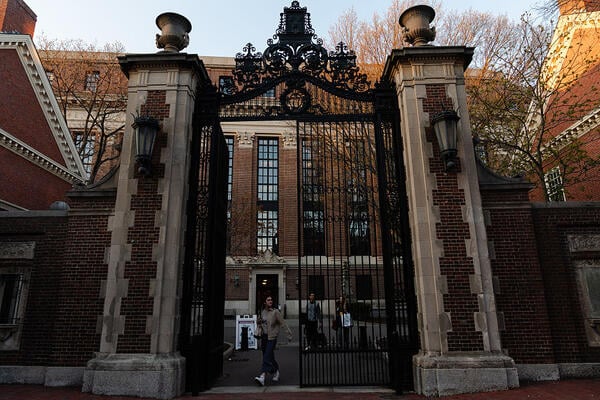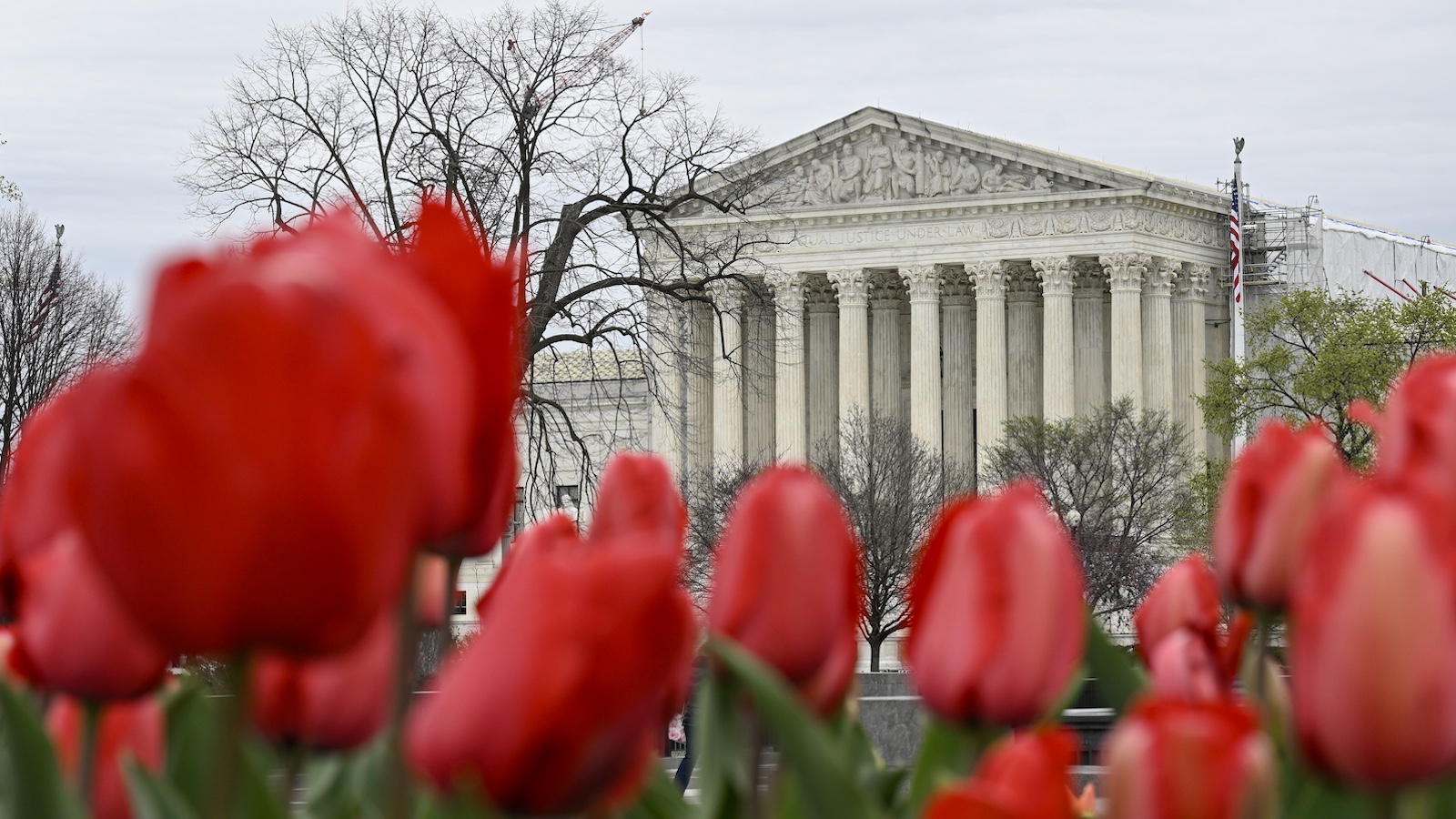Harvard University Challenges Trump Administration's Authoritarian Demands

In a bold stand against what many in academia and beyond are deeming an oppressive maneuver by the Trump administration, Harvard University has chosen to defy the federal governments recent demands and has initiated a lawsuit for the restoration of its federal funding. This decision has garnered widespread praise within academic circles, yet there has been a relative lack of discussion surrounding the truly alarming nature of the demands made by the administration. In an unprecedented move, the federal government has set a dangerous precedent by attaching outrageous conditions to federal funding, effectively wielding its financial leverage to impose authoritarian measures that could affect colleges across the United States.
On April 11, a letter from officials in the Trump administration laid out a series of astonishing demands for Harvard, seeking unprecedented control over the university's operations. Although one of the authors of this controversial letter later admitted it was sent in error during ongoing negotiations, the Trump administration pressed forward, sanctioning Harvard for its refusal to comply with these demands.
Following Harvards rejection, former President Trump took to social media to issue further threats against the university, suggesting that it should lose its tax-exempt status. Citing this potential loss, he stated, Perhaps Harvard should lose its Tax Exempt Status and be Taxed as a Political Entity if it keeps pushing political, ideological, and terrorist inspired/supporting Sickness? This statement is particularly ironic, as complying with the administration's demands would mean Harvard would have to endorse a right-wing ideological agenda and silence political dissent.
Among the alarming stipulations outlined in the April 11 letter, the Trump administration demanded that Harvard revise its hiring practices to include a critical mass of conservative faculty members. This requirement stipulates that every department lacking in what the administration defined as viewpoint diversity would need to hire new faculty to achieve this ideological balance. Given that academia tends to attract individuals with liberal perspectives, this condition effectively aims to eliminate liberal voices from many areas of scholarship.
The letter also indicated that decisions regarding the assessment of viewpoint diversity would not be solely determined by Harvard but rather by an external party selected with federal approval. This could result in a government-sanctioned discrimination policy affecting both faculty and students, mandating that departments ensure diversity of ideology among their members. Such a requirement could even imply special preferences for students with extreme or unpopular viewpoints, raising serious ethical concerns about the nature of academic admissions.
In an even more troubling turn, the letter ordered the university to engage a consultant, approved by Trump, to monitor and report on individual faculty members who were accused of encouraging students to engage in protests. The administration insisted that Harvard must cooperate in determining appropriate sanctions for these professors, implying punitive actions against those who had not violated any university rules. This retroactive punishment represents an extraordinary abuse of governmental power and poses a direct threat to academic freedom.
The Trump administration also sought to undermine the right to protest at Harvard, dictating that the university's disciplinary actions must include immediate intervention to halt any disruptions. The administrations framing of protests as disruptions could pave the way for unnecessary police intervention and suppression of dissenting voices on campus.
Moreover, the letter demanded sweeping control over Harvards disciplinary procedures, including the directive to punish student protesters without due process. Specific student organizations were singled out for punishment, with instructions to expel members and ban them from leadership positions in any other student organizations. This level of control over student activism is unprecedented and raises serious concerns about the integrity of student representation and speech on campus.
Another area of concern highlighted in the letter was the targeted assault on shared governance within the university. The administration's demands included limiting the influence of students and untenured faculty, along with a push to curb the authority of faculty members deemed too activist. This mentality is alarming as it suggests that government could dictate the ideological commitment of professors, undermining the core values of academic inquiry and debate.
Furthermore, the Trump administration insisted that Harvard eliminate all diversity, equity, and inclusion (DEI) initiatives, which not only enforces compliance to a suppressive agenda but also prevents meaningful discourse surrounding diversity issues across the university.
The demands extended to Harvard sharing extensive hiring data to facilitate ongoing ideological audits of faculty and students. The insistence on reviewing faculty for plagiarism could also be weaponized to purge educators whose views are deemed controversial. In what could be viewed as a bitter irony, the Trump administration mandated reforms to ensure that foreign students do not harbor sentiments that contradict American values, while simultaneously undermining the very principles enshrined in the U.S. Constitution.
The letter sent to Harvard should alarm even those conservatives who have previously expressed support for punitive measures against elite universities. The implications of these demands unveil a clear attempt to exert control over all colleges in America, blurring the lines between governance and academia. This authoritarian push is an explicit effort to choke academic freedom, suppress free speech, and impose a far-right ideological agenda throughout higher education.
While one might speculate that these demands were solely aimed at Harvard with the anticipation that the university would resist them, it is evident that this letter serves as a broader blueprint for exerting governmental control over all educational institutions. The ramifications of such actions extend beyond Harvard and signify the beginning of a war against academic freedom, with the potential to stifle free expression and undermine the very foundations of higher education across the nation.




























